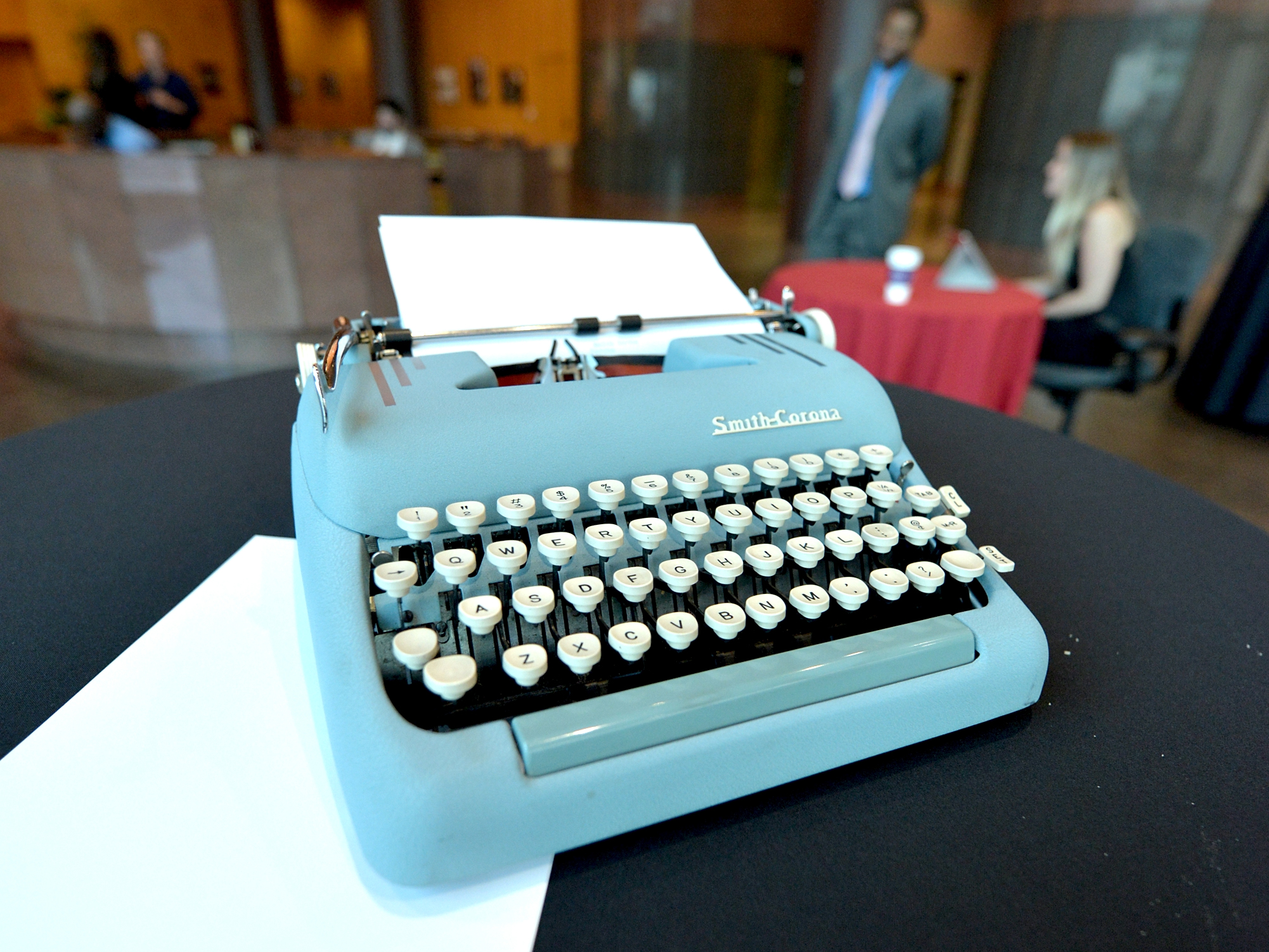- Smartphones have mostly eliminated the need for Walkmans, flip phones, and digital cameras.
- The original Game Boy and games like “The Oregon Trail” are no longer in production.
- VCRs and portable DVD players are a thing of the past thanks to streaming services.
In just a few decades, technology has gone from Walkmans that play cassette tapes to iPhones that play music and videos, make calls, connect to the internet, take photos, and perform countless other tasks.
The swift pace of progress means that some gadgets get left behind.
Here are 16 pieces of technology from the last 50 years that are no longer in use.
Sony Walkmans

This original portable music player was popular during the 1980s. The first model sold only 3,000 units in its first month of release in 1979. Clever marketing on the streets of Tokyo saved the personal cassette player, and sales soared the very next month. Sony stopped producing new Walkmans in 2010 after a successful 30-year run.
Pagers

Emergency services still use pagers since they're more reliable than cell phones during natural disasters, but they've otherwise vanished from popular use.
Motorola RAZR flip phones

The Motorola RAZR was released in 2004 and became the best-selling flip phone of all time with over 130 million sold over four years. The iPhone made it pretty obsolete - a 2008 report found that 23.8% of iPhone users had switched over from the RAZR.
Nintendo Game Boys

The original Nintendo Game Boy was released in 1989. The small monochrome screen and modest onboard power didn't stop this predecessor of the Nintendo 3Ds from outselling its better equipped competitors. The model was discontinued in the early 2000s.
"The Oregon Trail" for Apple II

The 1985 Apple II version of "The Oregon Trail" is considered the original by many who have played it. But the true original version of the game was released in 1971 for Teletype machines. Production of the popular video game ended years ago, but the gameplay lives on in a new tabletop card game and online at the Internet Archive.
Portable DVD players

Panasonic produced the first portable DVD players in 1998. Now most laptops don't even come with a CD drive.
Dial-up internet

The first commercial provider of dial-up internet access launched in 1989. Children of the '90s will remember that characteristic beeping sound as the internet connection was made and tying up phone lines while browsing the web.
A 2013 Pew Research Center study found that just three percent of Americans still use dial-up at home.
Typewriters

American inventor Christopher Latham Sholes was inspired to build the first typewriter in 1867, with the machine finally hitting the market in 1874. Though computers have overwhelmingly replaced this archaic form of producing typed content, typewriters still have their fans today, among them, reportedly, Tom Hanks.
PDAs (Personal Digital Assistants)

Palm Computing's first digital assistant, the Pilot 1000, hit the market in 1996. While PDAs were able to hold address books, appointments, and notes, they were overtaken by iPhones and Androids, which featured far more advanced capabilities, within 20 years.
Digital cameras

The first digital camera was created in 1975 by Steve Sasson. It weighed eight pounds and took 23 seconds to create a photo.
As the technology improved and brought pocket-sized, battery-operated cameras to the scene, sales rose in the early 2000s. But as smartphone cameras became the norm, sales steadily declined starting in 2011, rising only slightly in 2017.
Pay phones

AT&T announced that it was leaving the pay phone market back in 2007, another public gadget made unnecessary thanks to cell phones.
Floppy disks

PC World announced that they would stop selling floppy disks in 2007. External hard drives, thumb drives, or "the cloud" are now the way to go.
Landlines

2016 was the first year that a majority of American homes did not have a landline, according to the Center for Disease Control, and more than 70% of all adults aged 25 to 34 were living in wireless-only households. Home phone numbers are on their way out.
Answering machines

A 2012 Pew Research Center study found that 25% of teens don't ever talk on a cell phone. These days, texting is easier and less awkward than recording a voicemail. Some smartphones even transcribe voicemail messages automatically, rendering answering machines a thing of the past.
Film

Kodachrome film was discontinued in 2010, but Kodak recently announced it would start producing another kind of film that can be processed more quickly called Ektachrome. Thanks to digital smartphone cameras or DSLRs, people rarely have film developed these days.
VCRs

In 1987, 90% of the $5.25 billion VCR market in the US was based on the VHS format, according to Forbes. DVD players first outsold VCRs in 2002. By 2004, they were outselling them at 40 to 1. The last VCRs were produced in 2008.
CDs

CDs outsold cassette tapes in 1991 and peaked in the late '90s, but sales have been declining every year since 2006 as music streaming platforms become the norm. Best Buy pulled most CDs from its stores in July 2018.
Visit INSIDER's homepage for more.

